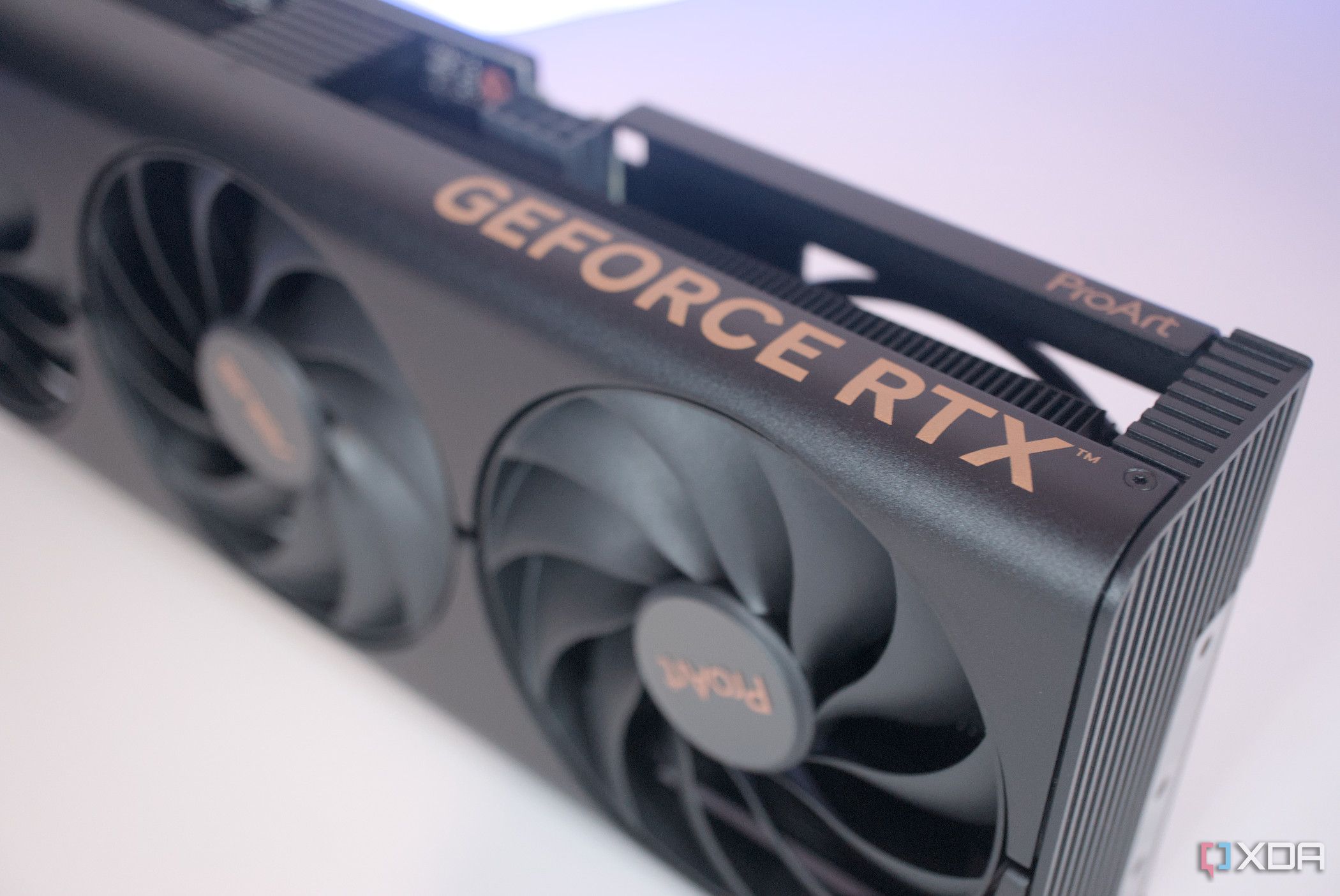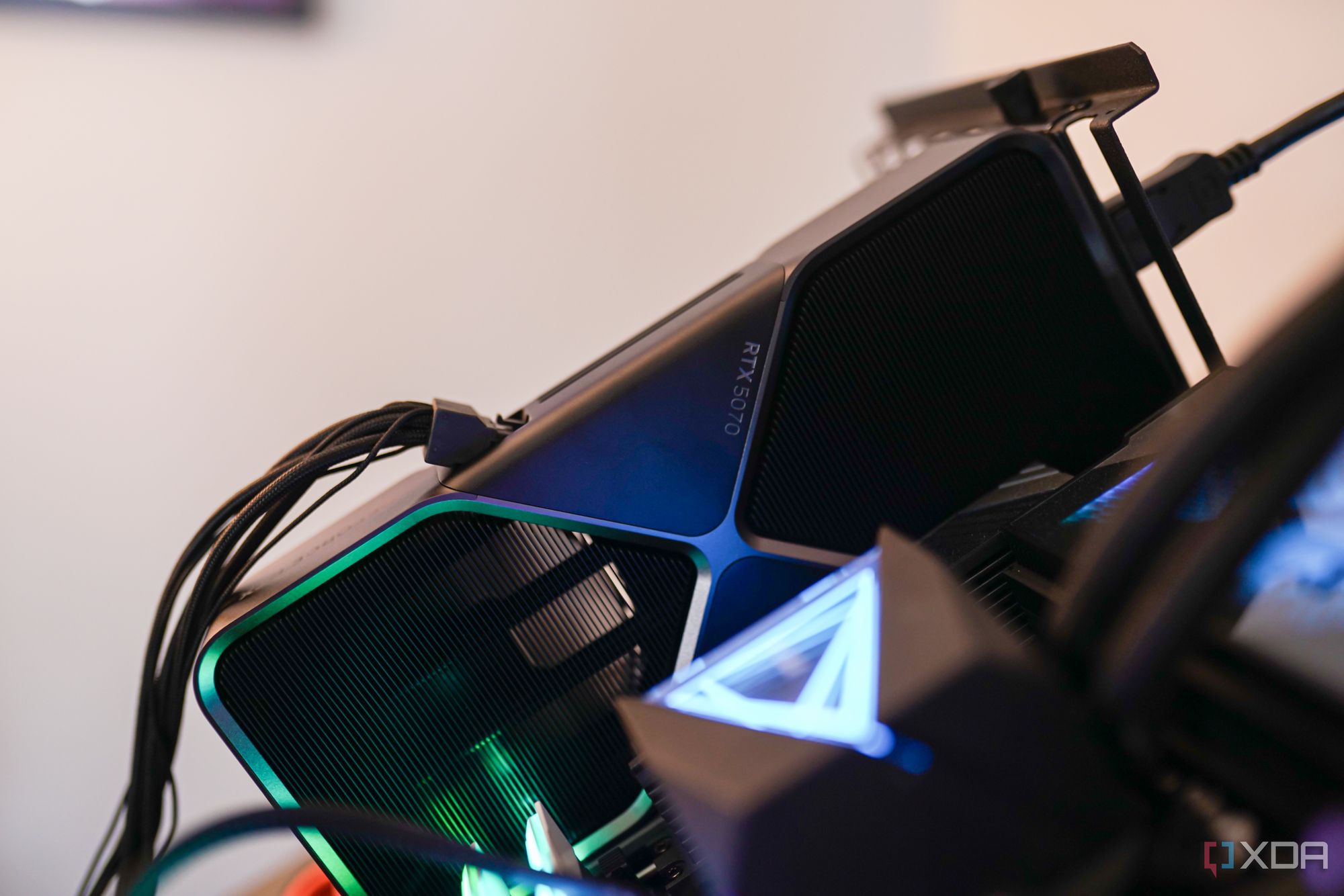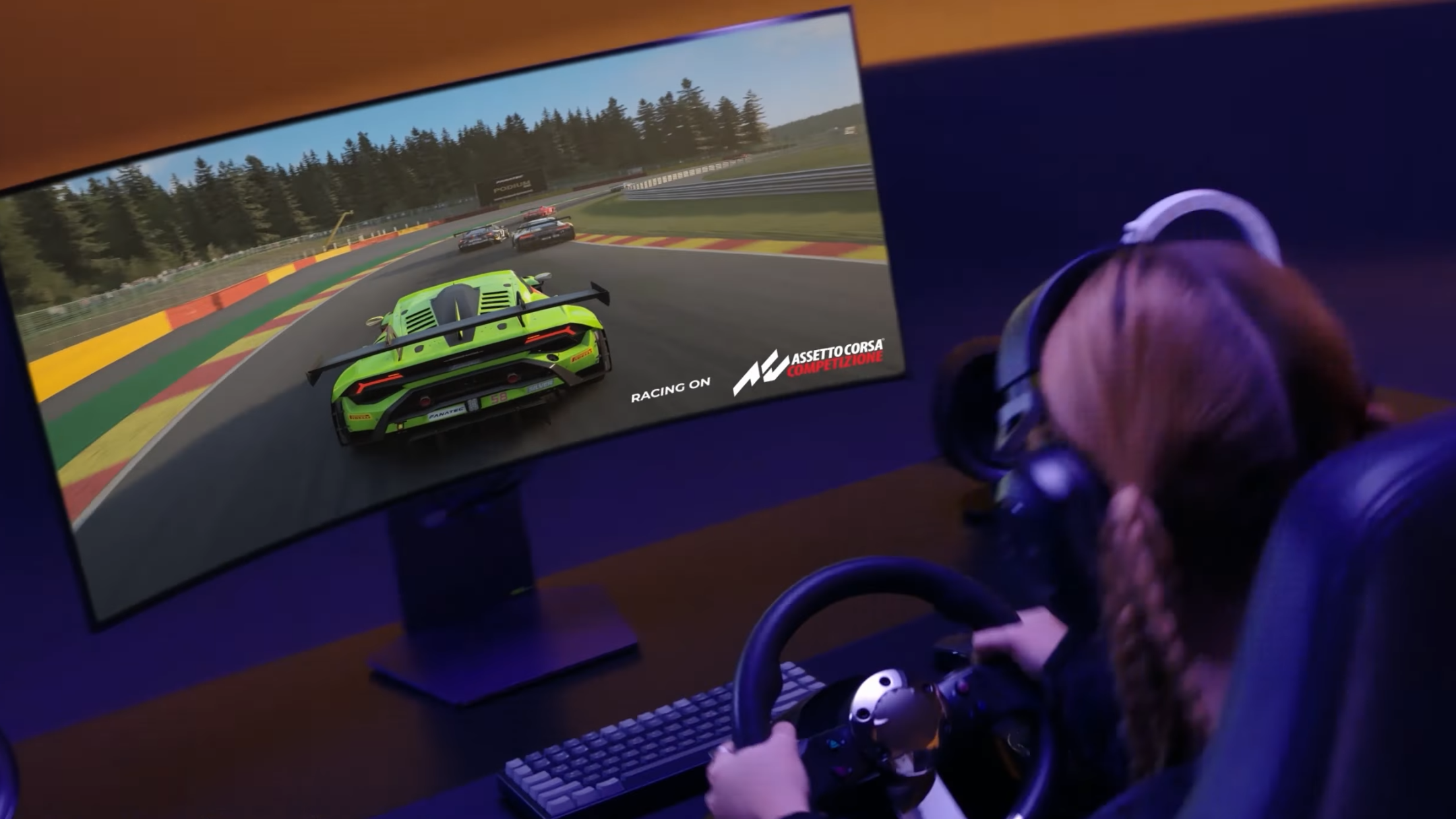One of the many reasons why I've exclusively used Nvidia GPUs since 2013 is their better driver support compared to AMD. I switched to Team Green with the GTX 680 and never looked back because I was just impressed by how stable and consistent the driver updates were. Even when I upgraded to the GTX 1060 in 2016, I had almost no problems with graphics drivers. In fact, Nvidia's driver updates helped my budget GPU age gracefully until I decided to build a new PC with the RTX 3090 in 2020.
But things changed when I got the RTX 3090—driver updates started to feel like a hit or miss. The situation got worse when I upgraded to the RTX 4090 in 2022. More often than not, I found myself scrolling through various Reddit threads to see if others were facing similar issues after driver updates. In 2025, I've faced a couple of major driver-related issues with new AAA releases. Imagine paying $70 for a game only to realize it's almost unplayable after a "Game Ready" driver update? I've stopped updating my GPU drivers without doing adequate research because that's how much I trust Nvidia these days.
"Game Ready" doesn't mean game optimized
Launch-day drivers aren't nearly as optimized as they used to be
Nvidia labels its launch-day graphics drivers as "Game Ready" drivers and claims they're finely tuned and tested with various hardware configurations for reliability. In theory, this would mean better performance, fewer issues, and immediate improvements for gamers diving into new titles on day one. Unfortunately, they're not as optimized as Nvidia says—at least not anymore. Nvidia's drivers nowadays cause more problems than they fix, so let me share a recent example.
I was super excited to play Assassin's Creed: Shadows when it came out in March 2025. But just minutes after launching the game and loading into the menu, the game crashed my whole PC. Even after several reboots and multiple attempts, the game remained unplayable due to random crashes. I wasted a couple of days digging through various Reddit threads for solutions, but the only thing that worked was rolling back to a driver from a few months ago.
Owners of RTX 50-series GPUs aren't having a great time with the latest AAA titles either. The situation is so bad that even game developers recommend against installing the latest Nvidia drivers. For instance, the developers of DOOM: The Dark Ages have listed several driver-related issues on Steam, and they mostly apply to those with Nvidia GPUs. As someone who just wants to enjoy the latest games on day one, owning an Nvidia graphics card now feels like walking on thin ice.
Performance regression after updates
Newer drivers can negatively impact frame rates in older titles
You'd expect newer graphics drivers to make existing games run better, but that's not always the case when you have an Nvidia GPU. I've had multiple games that previously ran flawlessly suddenly suffer from micro-stutters and lower average FPS after a driver update. For instance, I used to get around 350-400 FPS in Valorant back in 2024 when I played it almost daily. But nowadays, especially after recent driver updates, I only get around 300-350 FPS with the same graphics settings. I can't downgrade to an older driver just for Valorant, as that may cause issues in other newer games that I play.
At first, I thought it was just me, but I found many gamers echoing similar sentiments on Reddit and the official Nvidia forums. I believe this is largely because Nvidia keeps pushing driver updates tailored to new hardware or the latest game releases, often at the cost of stability and performance on older GPUs and existing titles. Ignoring a significant chunk of gamers who own older GPUs isn't really the right approach for rolling out driver updates that are supposed to optimize performance.
Gaming isn't Nvidia's top priority anymore
Even hotfix drivers sometimes take weeks or months
Not too long ago, Nvidia was quick to address known issues and bugs in new game releases. However, in recent years, their approach often feels evasive. Sure, the company does acknowledge major problems, but it rarely provides a clear timeline for when users can expect a fix. Nowadays, gamers are often forced to rely on community-driven solutions or workarounds while they patiently wait for Nvidia to address issues. Those who splurged on Nvidia's RTX 50-series GPUs at launch can probably relate to this.
The RTX 50-series graphics cards were plagued with various driver issues soon after their launch in January, and it took Nvidia roughly three months to release a hotfix that addressed most of the problems. That's not a good way to treat customers who spent hundreds of dollars on a new graphics card. I understand that Nvidia is all-in on AI now and makes billions selling GPUs to corporations, but I can't help but wonder if the company still cares about gamers at all. Considering Nvidia's deep roots in gaming, this huge shift in focus almost feels like a betrayal to gamers like me.
Patience pays off with Nvidia's driver updates
Driver updates are supposed to be the least of your worries as a PC gamer, but if you have an Nvidia GPU, I wouldn't recommend updating your drivers as soon as they're available. It's better to be patient for a few days—or even weeks—and browse online forums to see if others are reporting major driver issues in the games you play. That way, you save yourself the hassle of wasting valuable time troubleshooting issues that shouldn't have existed in the first place.
Keep in mind that I didn't lose my trust in Nvidia overnight—this is the result of constantly dealing with buggy drivers and waiting weeks for a hotfix. As someone who has supported Nvidia for well over a decade, I expect better in return, especially now that it's one of the richest companies on the planet. I really hope Nvidia doesn't forget its roots and starts rebuilding trust with gamers before it's too late.
.png)













 English (US) ·
English (US) ·